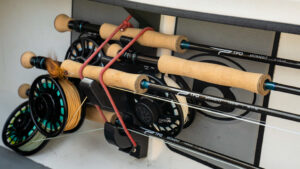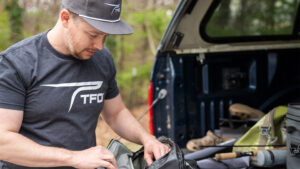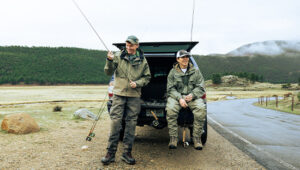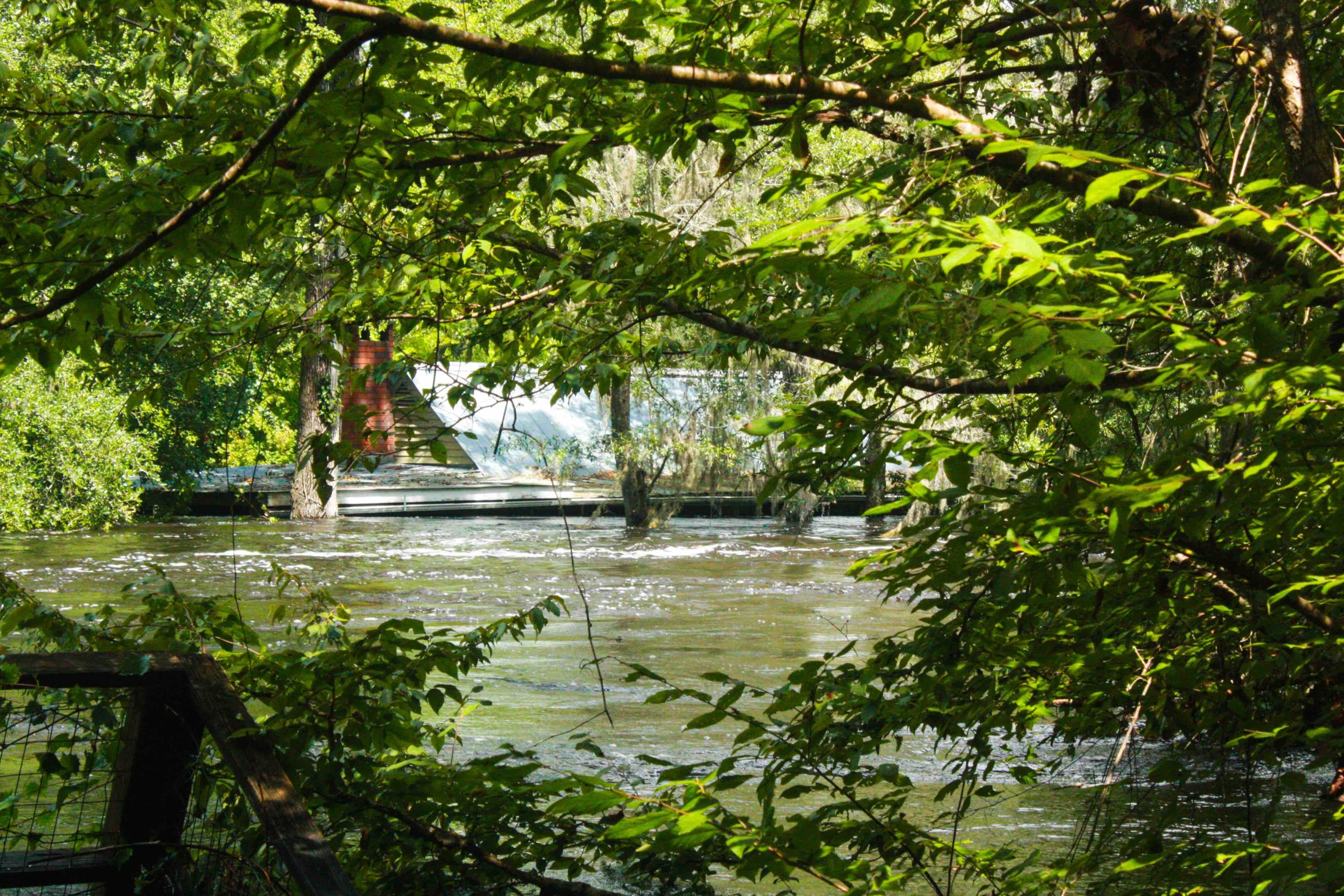It was late last week, three days after Hurricane Irma had lashed much of Florida. There was a knock at my door. Outside were two local firefighters.
Thoughts filled my tired mind. Death of a loved one? Wrong house? Or was it because I had dodged a roadblock in town?
“We have a mandatory evacuation,” one of the men in blue said.
The river behind my house, they warned, was ready to flood. Everyone in the neighborhood was told to leave by daybreak.
Irma’s winds were long gone, but remnants of her wrath remained. The choices were obvious: To stay or leave? I wasn’t sure what to do. What would you do?
Two hurricanes in a less than a year
I’m a fifth-generation native Floridian and have lived in North Florida much of my adult life and never felt the threat of a hurricane. For 50 or so years, I felt safe and secure. That all changed during the past year, when Hurricane Matthew rolled up the east coast into St. Augustine in October of 2016 and Irma surged up the middle of the state 11 months later.
As I pick up bits of debris and reorganize my life once again, it’s time to reflect on lessons learned, what I did right, what I did wrong, what I’ll do better.
Judging the Forecast
I live in High Springs, Fla. which is about as inland as you can get in the Sunshine State. Irma’s forecast consistently called for hurricane winds in Alachua County. It never happened.
Once on land, Irma lost steam. A monster hurricane became a mere tropical storm. Matthew was different. The St. Augustine-area beaches endured wind gusts of nearly 90 miles an hour. My beach cottage lost part of a roof and a screen door. The surf never reached my door. Those on the intracoastal weren’t as fortunate. The inland water had no place to go, resulting in massive flooding in the marsh.
Had Matthew cut a few more miles east, as predicted, the winds could have easily leveled my house. Fortunately for me, both forecasts were wrong.
Meteorology is not an exact science. No one knows exactly where hurricanes are going to go until they get there.
Getting Ready
As far as preparation, the earlier you start, the better. I started getting organized for Irma nearly a week ahead of time with sand bags, extra water, gasoline and propane. The last day or two, I organized the garage to move the boat indoors and moved the outdoor furniture inside.
I thought I was done, but it turns out, I wasn’t. I had planned on doing laundry and paying bills the day before Irma’s expected arrival, but inexplicably lost power 12, 14 hours before the winds and rains came. In retrospect, I should have done more, because when you lose power, you’re limited in your prep.
Power, Who Needs It?
We went a week without electricity or water. We use a well. No power, no water. No problem, right?
Wrong.
The first three days were manageable. Day four, I came to my senses and coughed up $900 bucks for a generator.
Portable generators are not a cure-all. You can power the AC or the fridge, but not both. To make do, we powered a few lights and the TV while alternating with the well, when we needed water.
The generator made daily life more bearable without power, but it’s not a substitute for it. Am I glad I bought one? Yes. Running water is a must.
Don’t Panic
Be smart. In my haste I tried to save three coolers worth of food. The reality is ice only lasts so long, regardless if you replenish daily. You can’t save as much food as you want. Put the essentials — milk, juice and a few condiments — in one cooler. Focus on keeping the basics cool. It’s more efficient. And if you’re really thinking ahead, it doesn’t hurt to cut back on what you stock in the fridge during hurricane season, so when a storm does come you’re not throwing away enough food to feed a third-world country.
The Rest of the Story
As for the expected flood, we never left our house. We thought long and hard about it, but reasoned that our home had survived the 100-year flood with room to spare, so the risk was worth it.
The waters in the Santa Fe River never reached our porch. In fact, it was never even close. Nearby houses on lower ground flooded. The home across from us (in the photo) lost everything.
Finally, the river has started its descent. As I stand on dry ground, I sometimes whine about the cleanup and the fatigue that often accompanies life after a storm, but, given what Houston and the Florida Keys endured, I now realize the obvious: It could be worse. A lot worse. At least I have a house to clean up.







